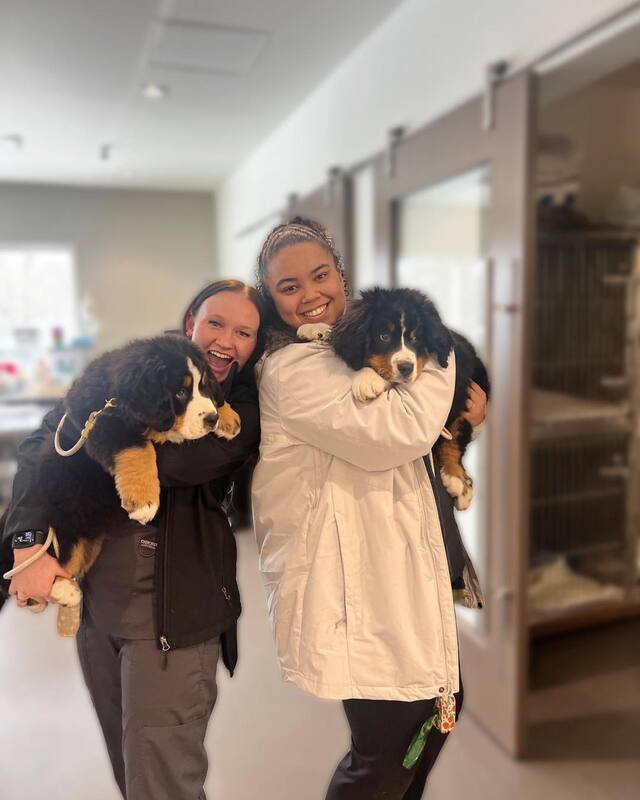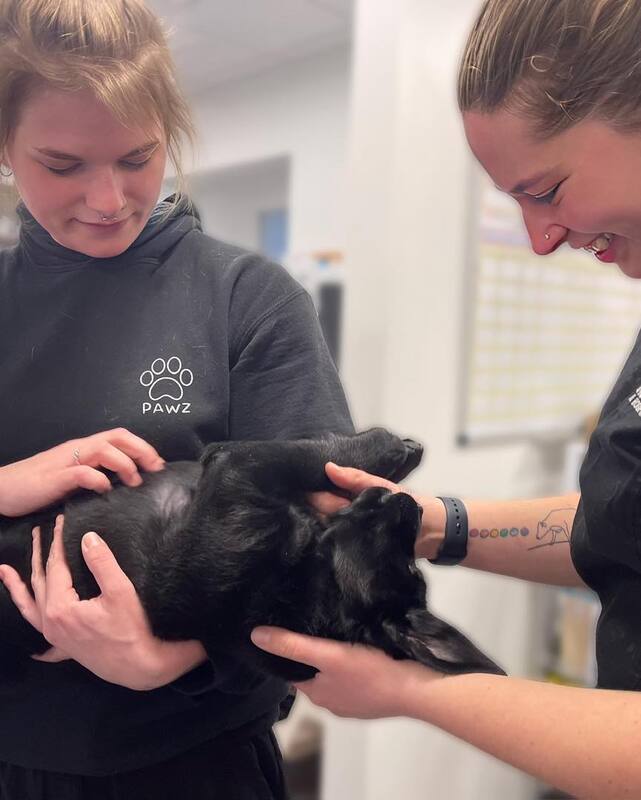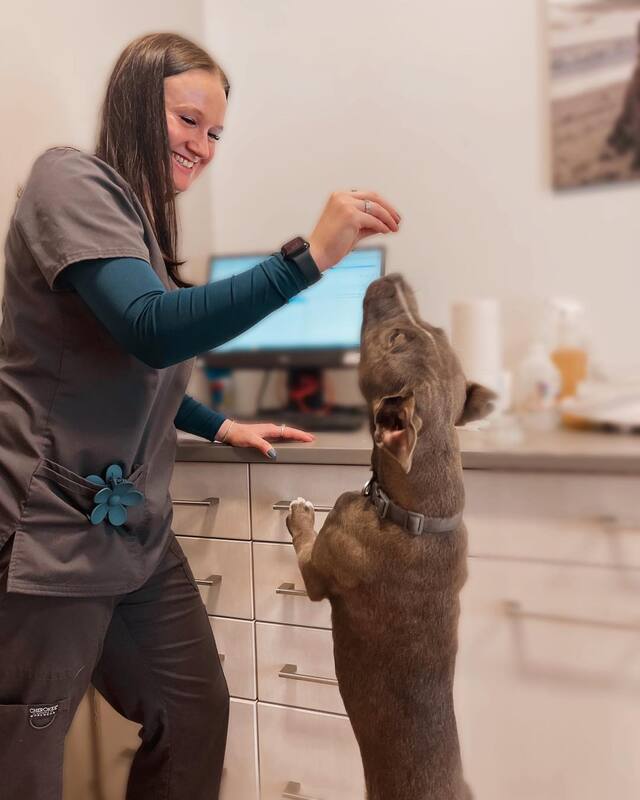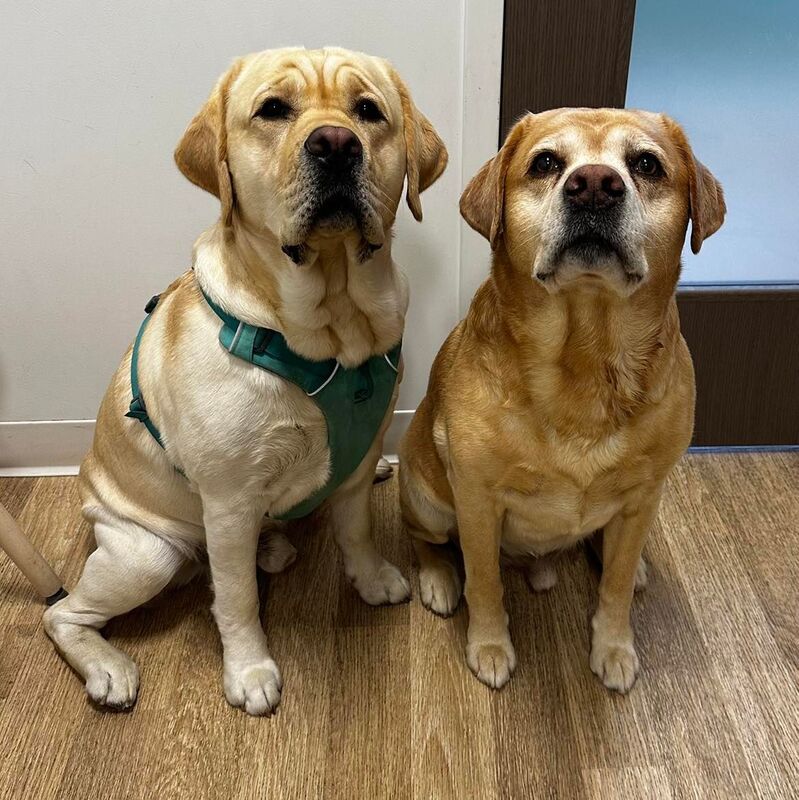|
Many dogs come bounding through our front doors, ready to accept our cuddles and treats and seemingly oblivious to shots and exams. But for others, a trip to the veterinarian can be a nerve-wracking experience. The unfamiliar sights, smells, and sounds can trigger stress and anxiety even in pups that are normally laid-back. With a few simple strategies, we can help alleviate their worries and make vet visits a more positive experience for our furry friends! Here are some tips to reduce stress during your dog’s next visit to the vet. What you can do even when you don’t have an appointment:
 One the day of your appointment:
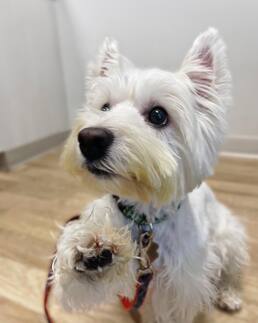 Not enough? Even with all these careful measures, vet visits are still stressful for some dogs. While some dogs may freeze when they are anxious and allow examination, some become angrier and angrier with each part of the exam. If your veterinarian feels that your pooch is still very anxious, they may recommend administration of calming medications in advance of their next visit. These medications are very safe and can make vet visits less frightening for your dog! By implementing these strategies, we can help reduce stress and anxiety for our dogs during veterinary visits. Remember to be patient and understanding with your furry companion and always prioritize their comfort and well-being. With a little bit of preparation and a whole lot of love, we can make vet visits a positive experience for our canine friends. As always, we are here to help care for your pet and answer your questions. Give us a call at 978-369-3503 or email us at [email protected] with any questions or concerns.
Comments are closed.
|
|
OFFICE HOURS:
Monday-Friday: 8:00 am to 6:00 pm Saturday: 8:00 am to 12:00 pm |
CONTACT INFORMATION:
Concord Animal Hospital 245 Baker Avenue Concord, MA 01742 Phone: (978) 369-3503 Fax: (978) 371-9748 [email protected] |
JOIN OUR PACK!
Sign up for our monthly newsletter, the Paw Press for hospital news, pet care tips and cute pet photos! |
Copyright © 2022

